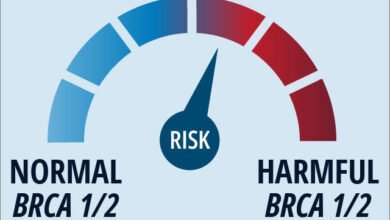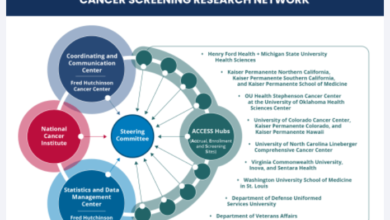How to Keep Your Loved One With Cancer Safe From Infection During a Visit

If someone you love has cancer, you want to spend as much time as possible with them. You might plan to visit them in the hospital, in their home, or meet them for an outing.
Visiting someone with cancer can require you taking extra precautions to protect them from getting sick. Here, you’ll find out why people with cancer might be more susceptible to infections and the steps you can take to keep them safe during a visit.
Why people with cancer can be more susceptible to infection
An infection happens when our body’s immune system is unable to fight off bacteria, viruses, and other pathogens, also called germs, which causes illness. Cancer and its treatments can weaken a person’s immune system and make it harder to fight infection. In turn, this could make them more susceptible to developing an infection and getting sick if they have been exposed to germs by other people.
Specific cancer treatments can increase a person’s risk for infection. For example, about half of people who receive chemotherapy develop neutropenia, which is a low level of white blood cells. White blood cells are responsible for helping the body fight infection. So, people with neutropenia have a greater risk for infections.
If your loved one has cancer or is undergoing cancer treatment, first ask them if they feel comfortable planning a visit or an outing. Then, follow up by asking what steps you can take to keep them safe. For example, you may want to avoid bringing flowers or other plants to your loved one, as they may carry a type of mold called aspergillus. This mold can cause lung infections and lead to more serious illness.
How to prevent spreading infection to your loved one with cancer
Caregivers spend significant amounts of time caring for a loved one with cancer, and they must take specific precautions to safeguard against infection. For example, a caregiver of a loved one undergoing radiation therapy or chemotherapy may need to wear gloves when cleaning up urine or vomit and wash their hands regularly. Caregivers should talk with the health care team for specific guidance. Learn more about important steps to take when cleaning your home while caring for a loved one with cancer.
If you’re just planning a regular visit, direct contact with fluids from your loved one with cancer is unlikely. But it’s still important for you to take steps to prevent the spread of germs and the risk of infection to them.
Washing your hands is the most important way to stop the spread of germs. When you arrive for your visit, use the bathroom or another sink to wash your hands with soap and water (fronts and backs) for at least 20 seconds. Always wash your hands after eating, using the bathroom, or touching pets. Gel and liquid hand sanitizers are good backups when washing your hands is not possible.
It’s also important to only visit your loved one if you feel healthy and are not experiencing any symptoms of a contagious illness. If you feel sick or suspect you might be coming down with a cold or other illness, reschedule the visit and explain that you want to be extra careful. Symptoms to watch out for include:
-
Fever
-
Cough
-
Congestion or runny nose
-
Sneezing
-
Body aches
-
Fatigue
-
Sore throat
Wearing a mask is another way to stop the spread of infection to your loved one, particularly if COVID-19 or other viruses are on the rise in your area. N95 and KN95 masks offer some of the best protection; a recent Centers for Disease Control and Prevention (CDC) study found they lowered the odds of testing positive for COVID-19 by 83%.
Finally, staying up to date on your own vaccinations can help stop the spread of germs to your loved one and others in your community. Getting your annual flu shot and staying current on your COVID-19 vaccinations and boosters are important measures to take before visiting your loved one with cancer.
“When visiting a friend or family member who is dealing with cancer, your presence is often a gift in so many ways. Just be sure not to unintentionally gift an infection, something that can be prevented with simple prevention measures like masking and handwashing.” – Merry Jennifer Markham, MD, FACP, FASCO, chief of the Division of Hematology and Oncology and a clinical professor in the Department of Medicine at the University of Florida and the 2022 Cancer.Net Associate Editor for Gynecologic Cancers
Planning a visit with your loved one with cancer
Before visiting your loved one with cancer, it is important to first make sure that they are comfortable with having visitors while at the hospital or at home. And, let them know you are flexible and will reschedule if one of you doesn’t feel well on the planned day. When planning a visit with them, you can ask the following questions:
-
Do you feel comfortable planning a visit or an outing?
-
What steps can I take to keep you safe before and during our visit?
-
Would you prefer I wear a mask when we visit?
Source link
#Loved #Cancer #Safe #Infection #Visit



